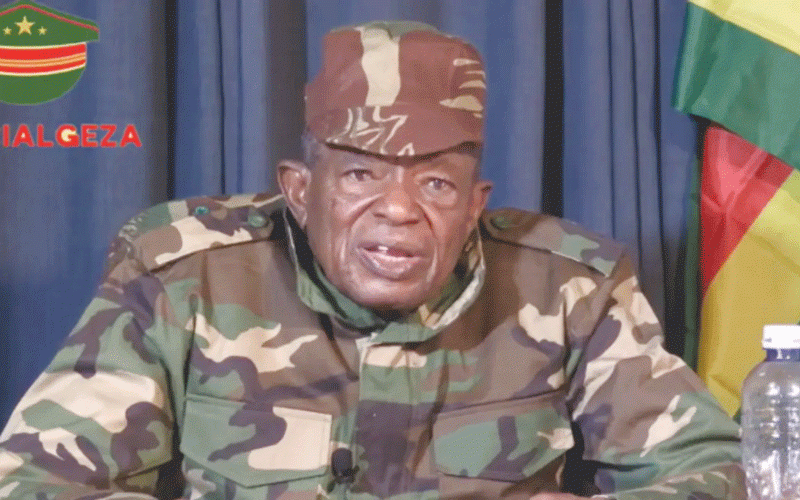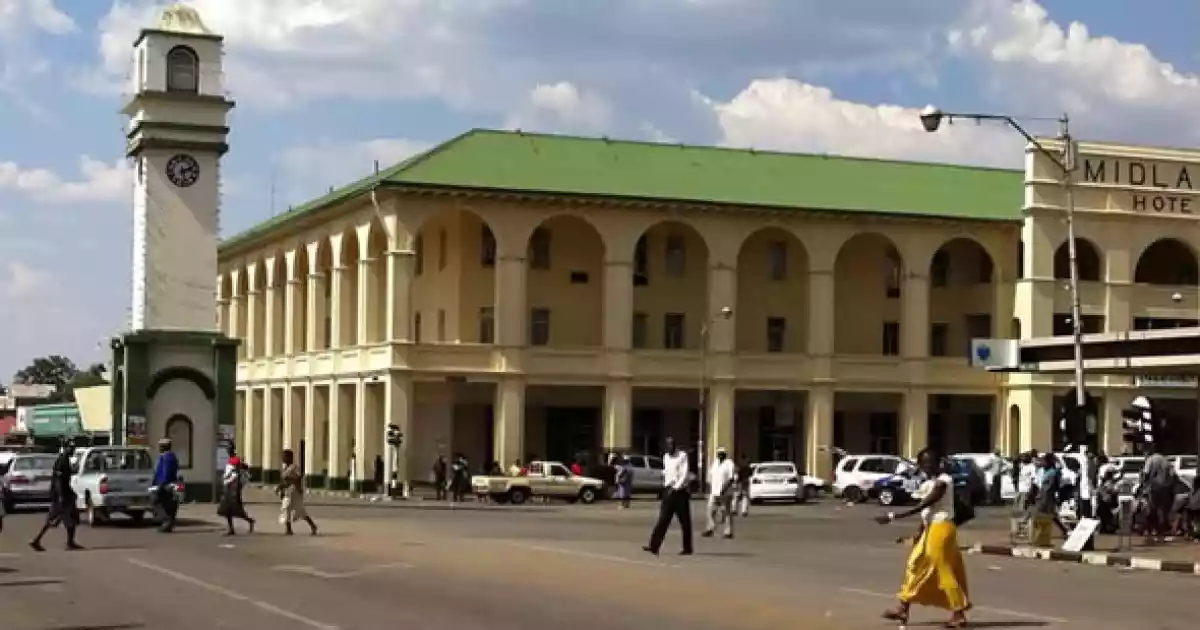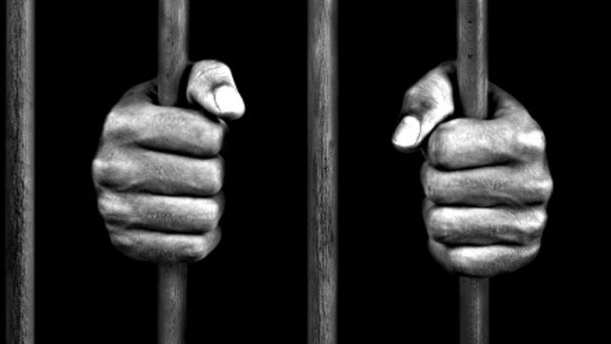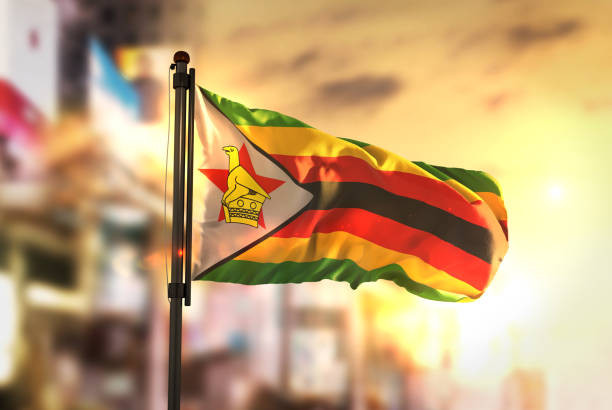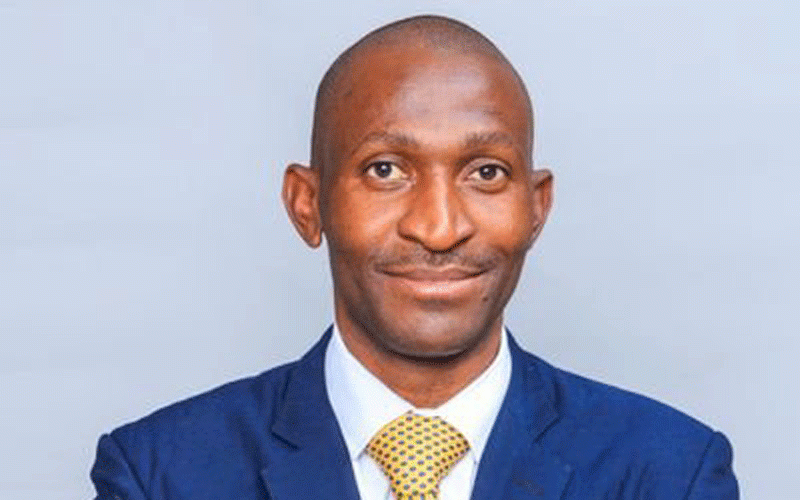
BULAWAYO residents have urged the government to admit that it has failed to address water shortages and declare the city a water crisis area to allow for other interventions.
The local authority and residents petitioned the government last year to declare the city a water crisis area to enable the council to mobilse alternative funding sources to address the water challenges.
Government refused and instead deployed a technical committee to find solutions to the water crisis.
However, the city’s water woes have deepened with the government saying the committee was still studying the situation much to the dismay of locals who are going for several days without water.
Lawyers representing Bulawayo Progressive Residents Association recently wrote a letter to the local authority protesting the water challenges.
BPRA described the situation as an assault on their right to clean and potable water as enshrined in section 77(a) of the constitution.
BPRA executive director, Permanent Ngoma, said it was clear that the technical committee had no answers to the water crisis.
“We wrote a letter addressing it to the relevant ministry and council urging the government to declare the water issue as a state of emergency because we are not seeing any improvement,” Ngoma said.
- News in depth: Fears of violent 2023 polls grow as ED fails to deliver on promises
- Chamisa party defiant after ban
- Letter to my people: Mthuli Ncube experiment has failed
- News in depth: Slain Moreblessing Ali’s family fears cover-up as children are forced into hiding
Keep Reading
“It’s high time and long overdue that the government should declare the Bulawayo water issue as a state of emergency.”
Bulawayo United Residents Association chairperson, Winos Dube, said there was no political will to address the water crisis.
“How many communities honestly have been put to be said to analyse and study the situation of water in Bulawayo, for how many years?” Dube asked.
“I don’t know what exactly stops the relevant authorities to declare Bulawayo a water crisis area, why the hold up?”
Citizens Coalition for Change (CCC) Emakhandeni Luveve lawmaker Discent Collins Bajila, echoed similar sentiments.
“Whether or not there is a technical team, the declaration of Bulawayo as a water scarce area is an urgent matter,” Bajila said.
“This is central to bringing short term solutions to the shortage of water.
“The technical committee is only necessary as far as medium to long-term solutions are concerned.”
Bulawayo Provincial Affairs and Devolution minister Judith Ncube, insisted that the government-appointed technical team had answers to the water crisis saying a lot was happening behind the scenes.
“I wouldn’t want to pre-empty for now but there are some initiatives that are being looked into,” Ncube said.
Bulawayo is in the midst of its worst water crisis in years with one of the supply dams, Umzingwane, already decommissioned.
Council has warned that Upper Ncema and Lower Ncema will likely be decommissioned around August, a development set to further worsen the city’s already dire water situation.
City council has been delivering water using bowsers, but there are complaints that this intervention is erratic and bogged down by the breakdown of its trucks.
In March, the government mobilised US$15 million to rehabilitate boreholes at the Nyamandlovu aquifer to provide 15 megalitres to the city as a short term intervention to the water crisis.
In Bulawayo, water challenges are endemic.
The Matabeleland Zambezi Water Project is seen as the lasting solution to the water crisis.
The project missed several deadlines during the late Robert Mugabe and now under President Emmerson Mnangagwa.
Council once toyed with the idea of recycling heavily polluted water at Khami dam, the first supply dam built for the city in 1927.
It was decommissioned in 1988 due to heavy pollution.
Council estimates that it requires about US$26 million to purify the dam’s water for consumption.

